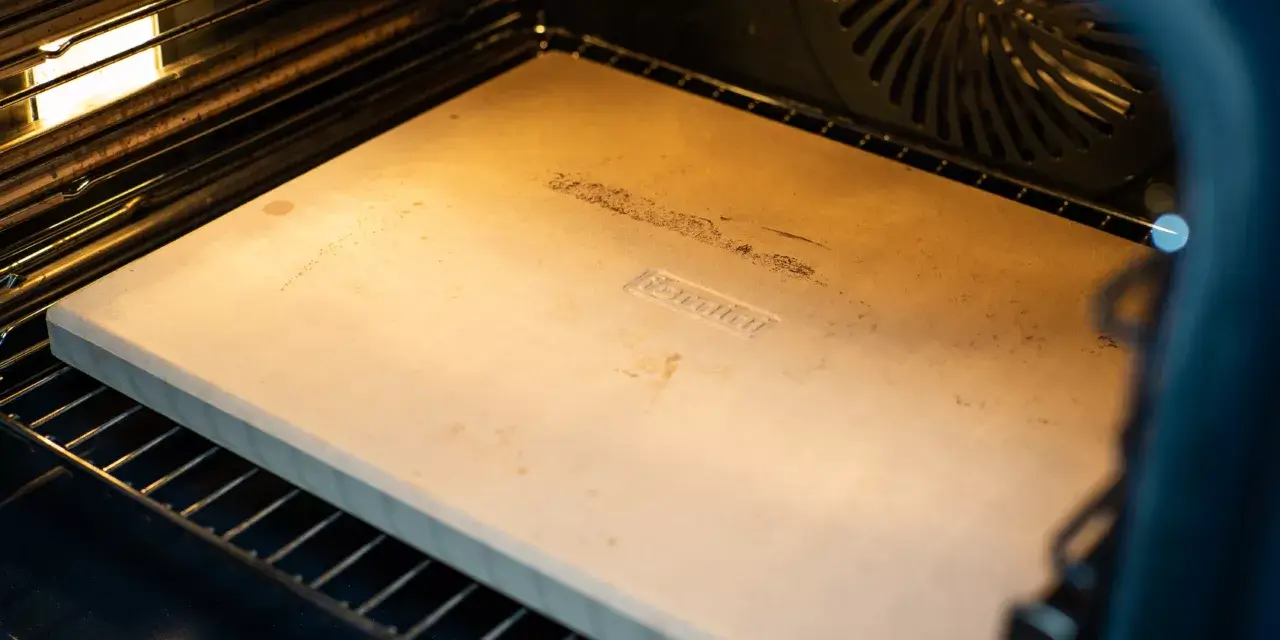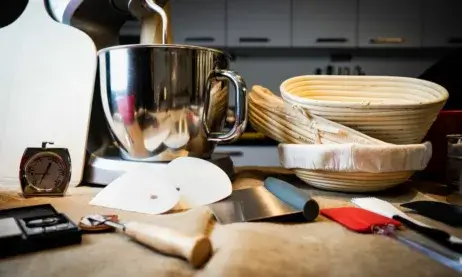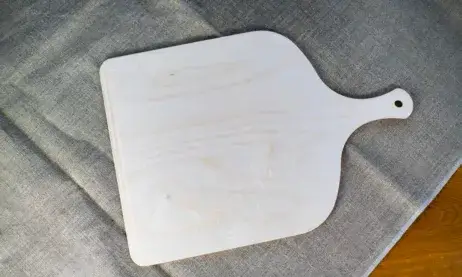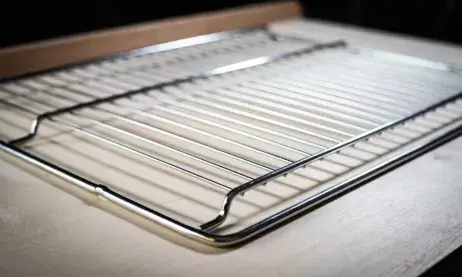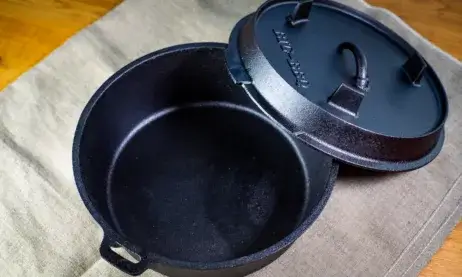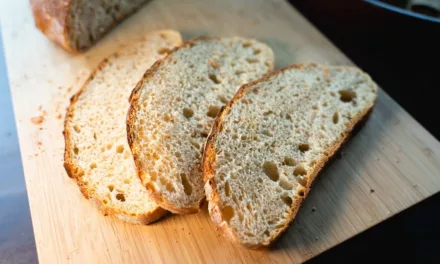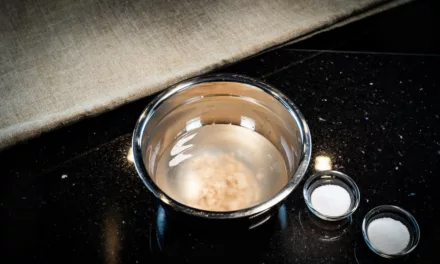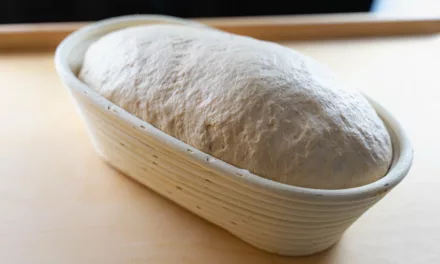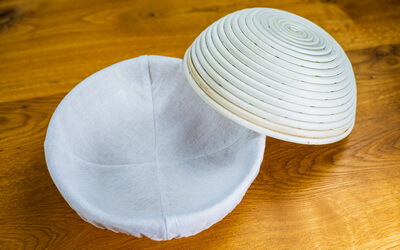Welcome to the world of baking stones! This guide will take you on a journey through the ins and outs of this essential baking tool.
Have you ever wondered why your homemade bread doesn’t have that crispy crust and perfect texture you find in bakery loaves? The secret could be a baking stone. As a seasoned baker and a lover of all things bread, I’ve found that a baking stone can truly elevate your baking game.
With years of experience in the baking field, I’ve tried and tested various tools and techniques. And I can confidently say that a baking stone is a game-changer.
Ready to discover the magic of baking stones? Let’s dive in!
Table of Contents
- What is a Baking Stone?
- Benefits of a Baking Stone
- How to Use a Baking Stone
- Care and Maintenance
- Where to Buy
- Conclusion
- Frequently Asked Questions (FAQ)
What is a Baking Stone?
A baking stone, also known as a pizza stone, is a portable cooking surface used in baking. It’s typically made from stone, ceramic, or clay, and it’s renowned for its heat-retaining properties. Baking stones are commonly used for baking bread and pizza, giving them a wonderfully crispy crust that’s hard to achieve with standard baking trays.
If you’re a fan of baking bread, especially sourdough, a baking stone can be a game-changer. It can help you achieve that bakery-quality bread right in your home kitchen. Check out this beginner’s recipe to baking a sourdough bread.
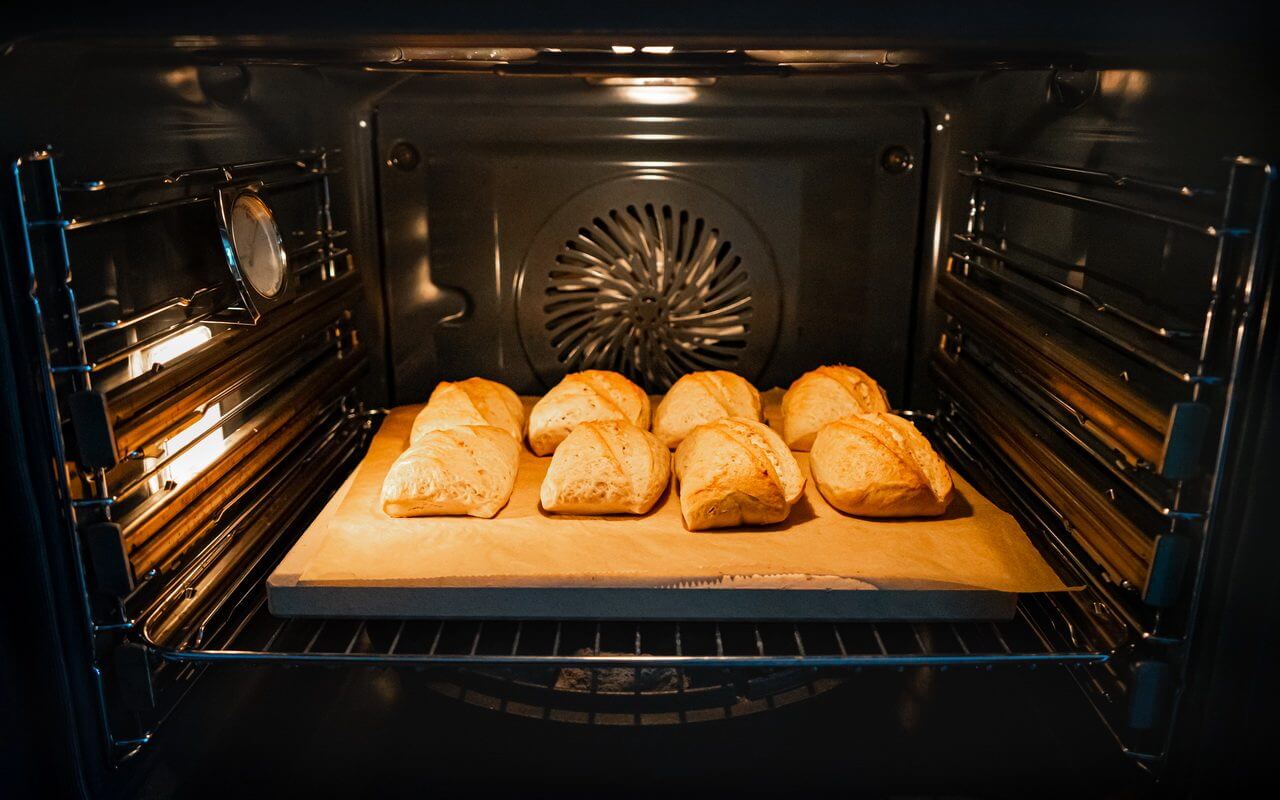
Benefits of a Baking Stone
Baking stones offer numerous benefits:
- Even Heat Distribution: Baking stones distribute heat evenly across their surface, preventing hot spots and ensuring your bread or pizza cooks uniformly.
- Heat Retention: They retain heat exceptionally well, which is crucial for achieving a crispy, well-baked crust.
- Moisture Absorption: Baking stones absorb excess moisture from the dough, resulting in a crispier crust.
How to Use a Baking Stone
Using a baking stone is straightforward. First, place the stone in a cold oven. Preheat the oven with the stone inside. Once the oven reaches the desired temperature, you can place your dough directly onto the stone.
Remember, a baking stone is not just for bread or pizza. You can also use it for baking cookies, pastries, and other baked goods. Head over to our bread-making guide for beginners to kick off your bread making journey.
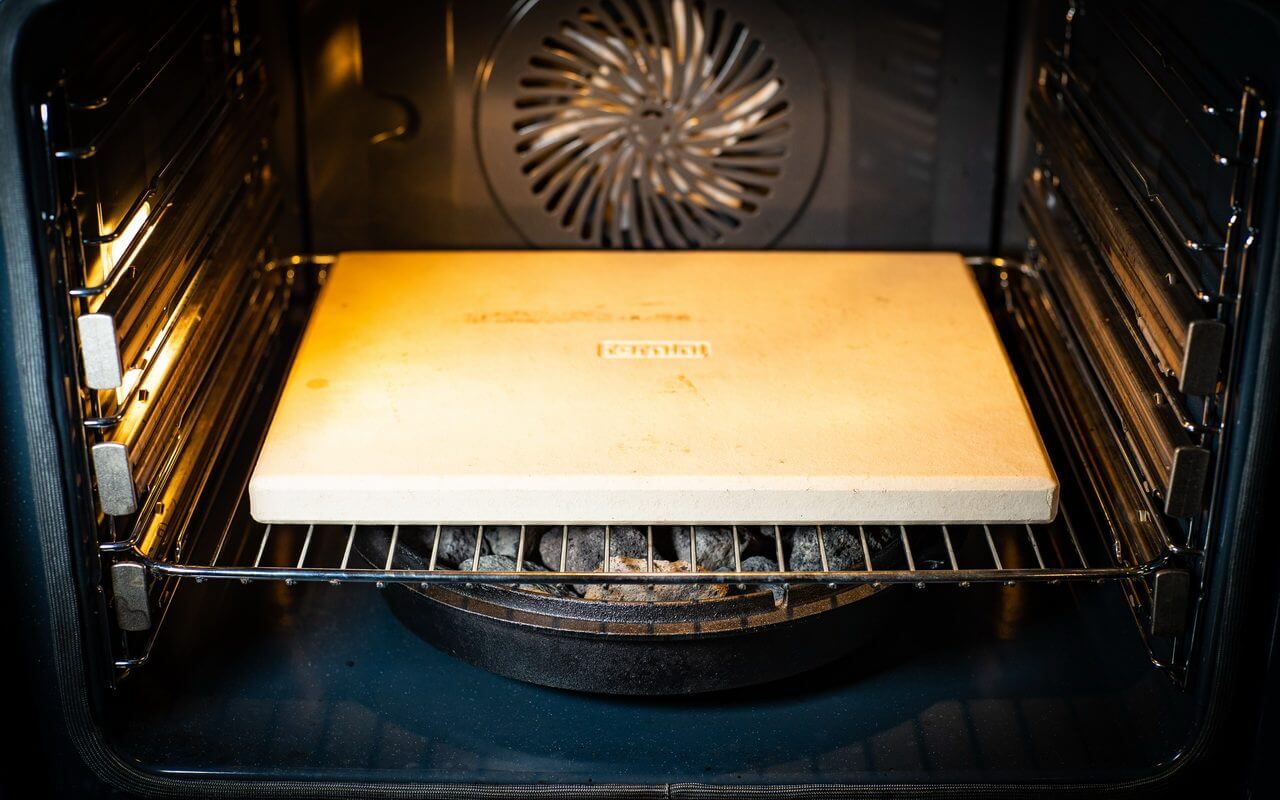
Care and Maintenance
Taking care of your baking stone is essential to ensure its longevity. Here are some tips:
- Avoid Rapid Temperature Changes: Baking stones can crack if subjected to sudden temperature changes. Always place the stone in a cold oven and then preheat.
- Clean with Water Only: Avoid using soap on your baking stone as it can absorb the soap flavor. Instead, use a baking stone brush and water to clean it.
- Oil-Free: Do not oil your baking stone. It can create smoke and potentially cause a fire in your oven.
Where to Buy
Ready to start your baking journey with a baking stone? You can find high-quality baking stones on Amazon. Here’s a link to some baking stones. Pretty much all are durable, retain heat well, and are perfect for baking a variety of goods. From personal experience I can tell that the thicker a stone, the better.
A good one that also has a pizza peel as an extra is this one here:
Conclusion
A baking stone is a fantastic tool for any home baker. It can elevate your baking game, giving you that crispy, bakery-quality crust right in your own kitchen. So why wait? Start your baking adventure today!
Frequently Asked Questions (FAQ)
Can a baking stone go in the oven?
Yes, a baking stone is designed to go in the oven. In fact, it works best when preheated in the oven before placing your dough on it.
Is it necessary to have a baking stone?
While not necessary, a baking stone can significantly improve the quality of your baked goods, especially bread and pizza. It helps achieve a crispy crust and even baking.
What kind of stone is used for baking?
Baking stones are typically made from stone, ceramic, or clay. Each material has its own benefits, but all are excellent at retaining heat and distributing it evenly.
Do you put oil on a baking stone?
No, you should not put oil on a baking stone. It can create smoke and potentially cause a fire in your oven.
Are baking stones safe?
Yes, baking stones are safe to use in the oven. However, they should be handled with care as they can become very hot.
For more information on baking tools, check out this article on the pizza peel, another game-changer for not just baking pizza but also bread and sourdough.

